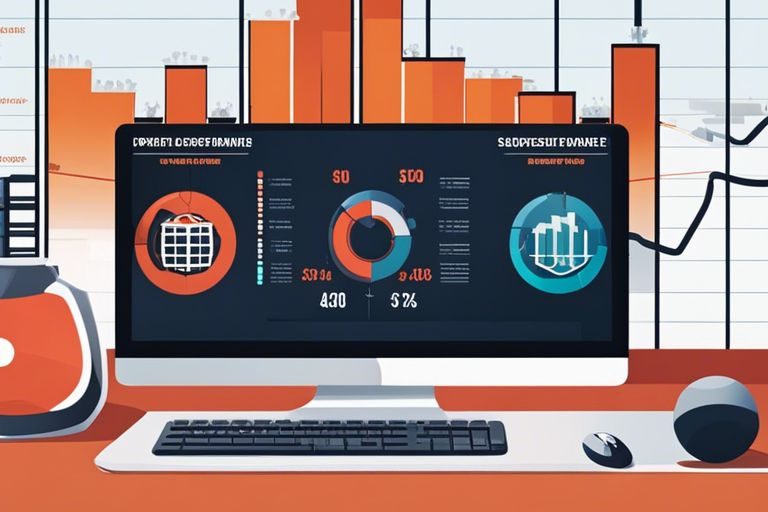Many people may not realize the important role that analytics play in the world of esports. In recent years, the esports industry has grown exponentially, with professional players and teams competing for millions of dollars in prize money. This rapid growth has led to an increased focus on using data and analytics to gain a competitive edge in the highly competitive world of esports.
Analytics in esports involves collecting and analyzing data from various aspects of the game, including player performance, team strategies, and in-game statistics. This data is then used to identify patterns, trends, and insights that can help teams improve their performance and make better decisions during matches.
One of the key areas where analytics plays a crucial role in esports is player performance analysis. By tracking metrics such as kills, deaths, assists, and other in-game statistics, teams can identify their strengths and weaknesses as individual players. This information can then be used to develop training programs and strategies to help players improve their skills and performance.
Team strategies are another important aspect of esports where analytics can make a significant impact. By analyzing data on team compositions, playstyles, and in-game tactics, coaches and analysts can identify the most effective strategies for specific opponents or game situations. This allows teams to adapt their strategies on the fly and make informed decisions during matches.
Another area where analytics is becoming increasingly important in esports is in fan engagement. By analyzing data on viewer behavior, social media interactions, and other metrics, teams and tournament organizers can tailor their content and marketing strategies to better engage with fans and build a loyal fan base.
Overall, the role of analytics in esports is important for teams and players looking to gain a competitive edge in the highly competitive world of professional gaming. By leveraging data and insights from analytics, esports organizations can make informed decisions, improve player performance, develop effective strategies, and engage with fans in new and innovative ways.
As the esports industry continues to grow and evolve, the importance of analytics will only increase. Teams that embrace analytics and use data-driven insights to guide their decision-making processes will be better equipped to succeed in the fast-paced and highly competitive world of professional gaming.
In the final account, analytics plays a vital role in esports, helping teams and players improve their performance, develop effective strategies, and engage with fans in new and innovative ways. The use of data and analytics will continue to be a key factor in the success of esports organizations in the future.




